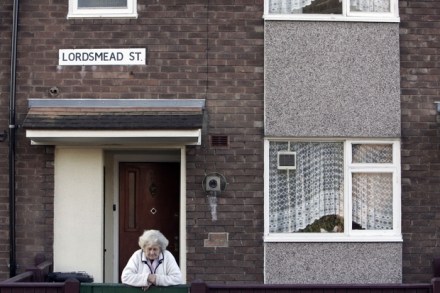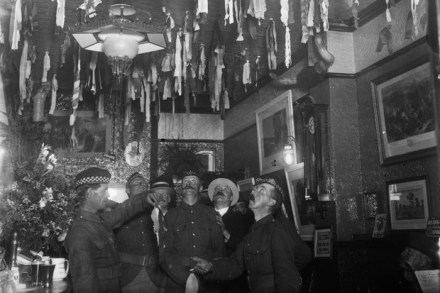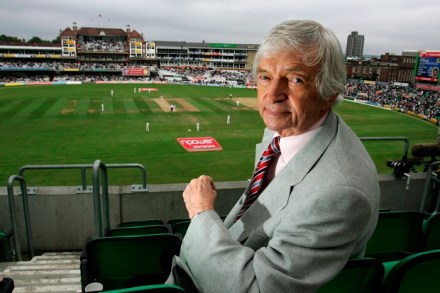April Wine Club II
When I was pondering a theme for this week’s offer with Mark Cronshaw, operations director of The Wine Company, he sucked his teeth, stared into the distance and came up with a brainwave: why not simply offer The Wine Company’s best-sellers? Wines that have been tried, tested and loved by their customers, but offered with special discounts for Spectator readers only. A fine plan, I said — depending, of course, on the quality of the wines and the generosity of the discounts. Well, I’ve tasted them and they’re an excellent, well-varied bunch, whittled down to six from The Wine Company’s top dozen sellers — a surprisingly tricky task. And MC’s



















